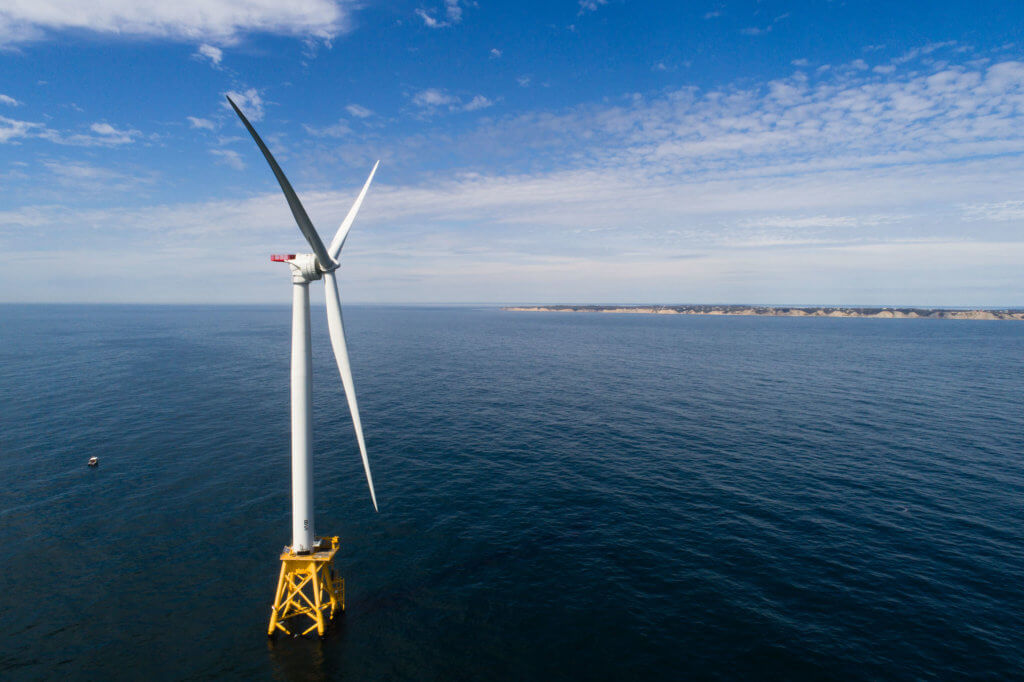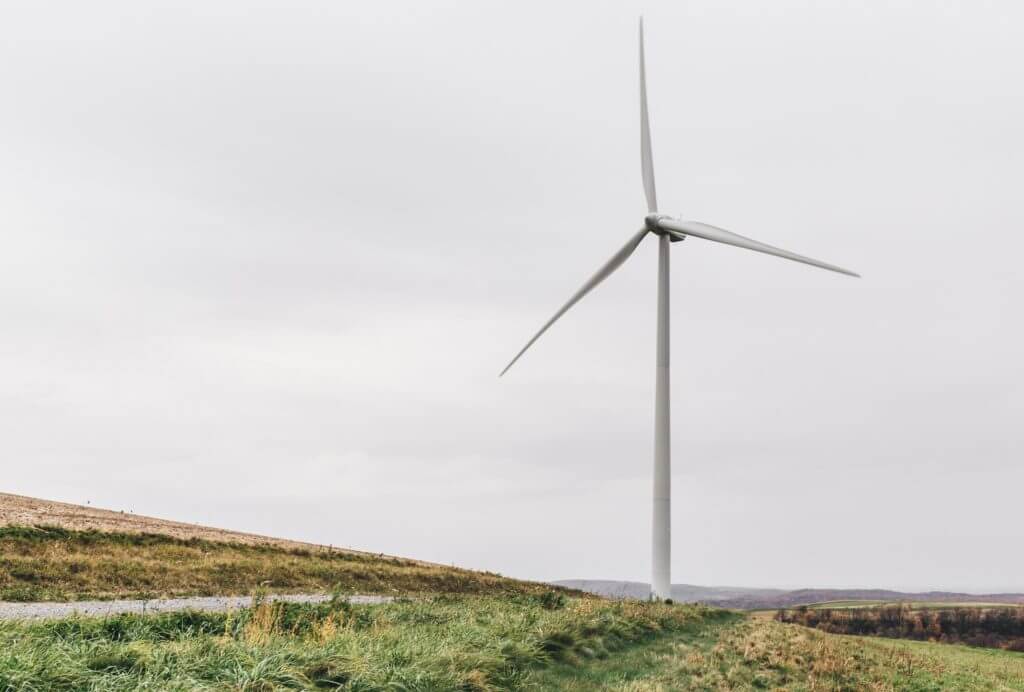Falmouth votes to keep turbines; Australian sound study confirms others
The town of Falmouth, Mass., on Cape Cod voted overwhelmingly Tuesday against removing two wind turbines installed at its wastewater treatment plant.
The vote in Falmouth was taken in a context in which state health agencies across the U.S., including in Massachusetts, and their counterparts at the national level globally have reported consistently on the overwhelming scientific consensus that sounds generated by wind turbines do not have a direct effect on human health.
Hundreds of thousands of individuals live and work around wind farms around the world without incident. If this were a widespread issue, wind energy would not enjoy the broad societal support we have today – with a recent Gallup poll showing 70% support nationwide. That support helped us have our biggest year ever in 2012; leading to wind energy powering the equivalent of over 15 million homes, and $25 billion in private investment into the US economy last year alone.
Given that wind is clean and renewable, creates no air or water pollution, uses no water, and generates hazardous waste in the production of electricity, its net health and environmental effects are strongly positive.
In other sound-related news, it's time to catch up on a new government study that was released during our WINDPOWER 2013 Conference & Exhibition. The Department of Health of the Australian state of Victoria reported on a review of inaudible sound from wind turbines and found, according to The Age, a Melbourne-based newspaper, that it "is no worse than that from other rural and urban environments and does not affect human health."
Added the article by Age reporter Tom Arup, "The Health Department review, released late last week, assessed the evidence and found it does not 'support claims that inaudible sounds can have direct physiological effects. Physiological effects on humans have only been detected at levels that are easily audible.'
"The report says infrasound is generated by many sources, such as trains, breaking waves and airconditioners. The department found the evidence showed wind farms produced no more infrasound than the background level in other environments."
The report's findings are consistent with a number of other previous government- and privately-funded assessments from the U.S., Australia, Canada, and the U.K., and with more recent research indicating that physiological symptoms are actually caused by the power of suggestion (the "nocebo"–similar to placebo–effect) rather than by inaudible sound.
Useful articles on the nocebo effect:
New Yorker blog, "The Nocebo Effect: How We Worry Ourselves Sick"
Media Matters for America blog, "NPR Gives Wind Power Hypochondriacs a Platform"
Slate, "Can Wind Turbines Make You Sick?"
The Conversation, "How the power of suggestion generates wind farm symptoms"
Related articles:
Wind farm neighbors stressed, but it's not the turbines, April 21, 2013
New Yorker explains nocebo effect, NPR airs junk science, April 8, 2013
Science: Anti-wind groups appear to spread illnesses they complain of, March 21, 2013
Ontario resident's personal testimony: 'Anti-wind groups make me sick', March 13, 2013
GMP reports on Kingdom Community Wind sound levels, March 5, 2013
South Australia study finds infrasound from wind farms not a concern, February 4, 2013
Science proves that wind energy is safe for Wisconsin, January 9, 2013
Ontario tribunal turns down anti-wind appeal, December 26, 2012
Reason trumps fear in Australian debate on wind energy and sound, December 5, 2012
Nissenbaum paper on turbine sound recycles claims on wind energy and health already found inadequate by courts and expert panel, November 16, 2012
Negative oriented personality traits and wind turbine sound, November 2, 2012
Quality of research on wind farms published in the Bulletin of Science, Technology and Society, September 25, 2012
Wind energy associations: Wind 'one of safest forms of electricity', July 30, 2012
'Say No to Wind Turbines'–and Yes to ?, July 25, 2012
Fact check: On turbine sound, it's Bryce vs. science, July 24, 2012
Fourteen wind energy myths debunked, June 20, 2012
Wind turbines not a threat to human health, another study finds, May 31, 2012
Fact check: Lomborg lacking on wind's economics, emissions reductions, March 23, 2012
Public opinion watch: Ontarians: Wind power one of safest forms of electricity generation, March 6, 2012
Opinion: Wind turbines are good for our health, March 2, 2012
Review of wind turbine sound studies gives debate needed balance, February 28, 2012
Anti-wind-farm ‘astroturfers’ in Australia, February 27, 2012
NBC4's 'iReporter' lacks context on wind turbine sound, February 14, 2012
Fact check: Bryce misleads again on land, sound, resource use, January 31, 2012
Despite science, wind turbine sound sparks discussion in Wisconsin, January 30, 2012
Massachusetts clears wind of health effects after independent experts review evidence, January 20, 2012
Opinion: Dr. W. David Colby: Turbines and health, December 2, 2011
Canadian researchers: No direct link between wind turbines and health, November 29, 2011
Wind power: A quiet solution to climate change, June 27, 2011
Sierra Club Canada 1.1: Time to confront anti-wind fear campaign, June 15, 2011
Environmental Defence (Canada): 'No basis' for health impact claims, June 6, 2011
Sierra Club Canada: Time to confront anti-wind disinformation campaign, June 3, 2011
WINDPOWER report: New study finds minimal low-frequency and infrasound impact from wind turbines, May 25, 2011
Does the sound of money soothe Wind Turbine Syndrome?, April 25, 2011
WHO guidelines on sound are … guidelines, March 28, 2011
Scientists, doctor weigh in on wind and health, November 30, 2010
Wind turbine sound: The neighbors speak, March 18, 2010
Expert panel concludes wind turbine sounds not harmful to human health, December 15, 2009




